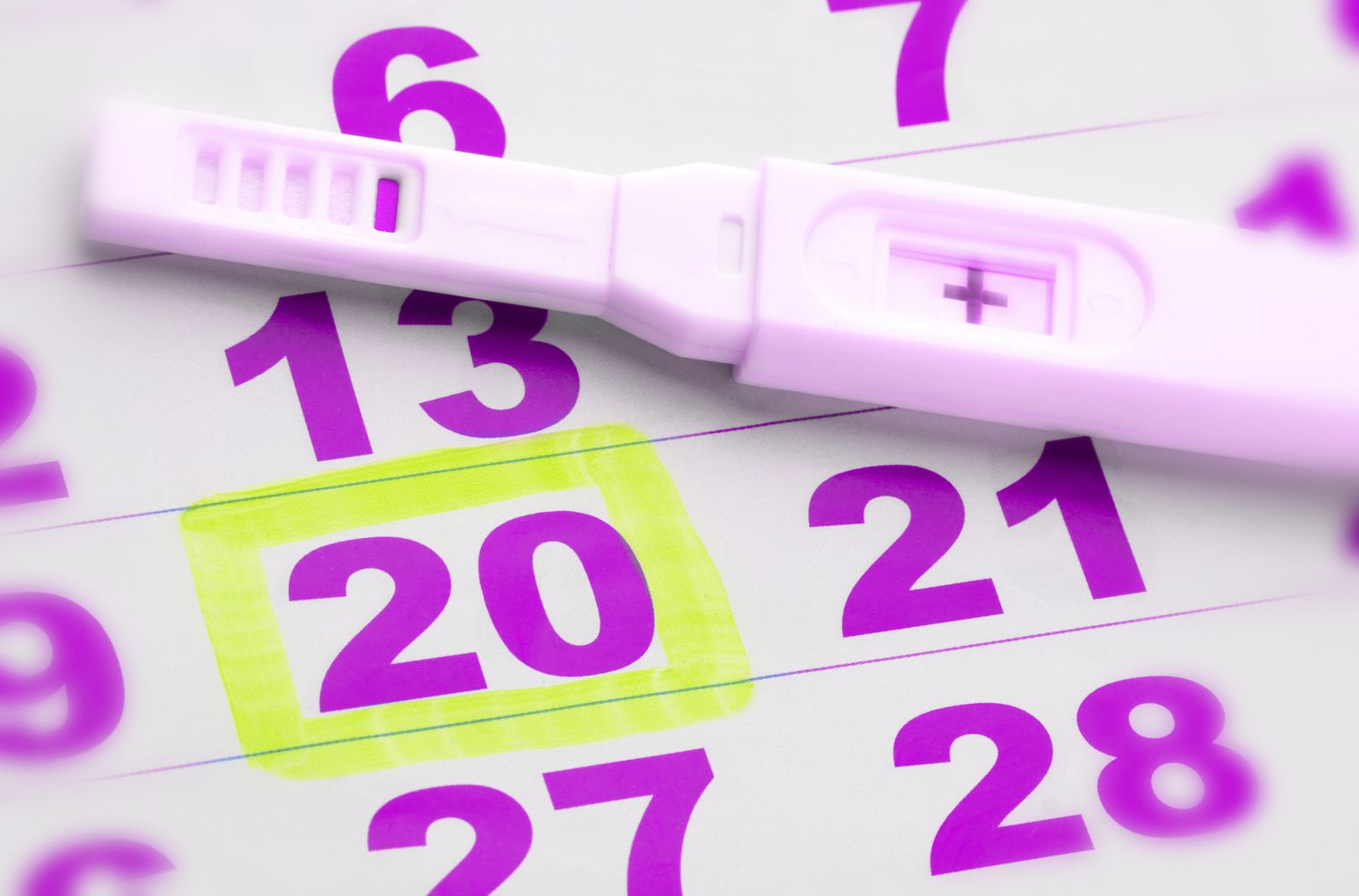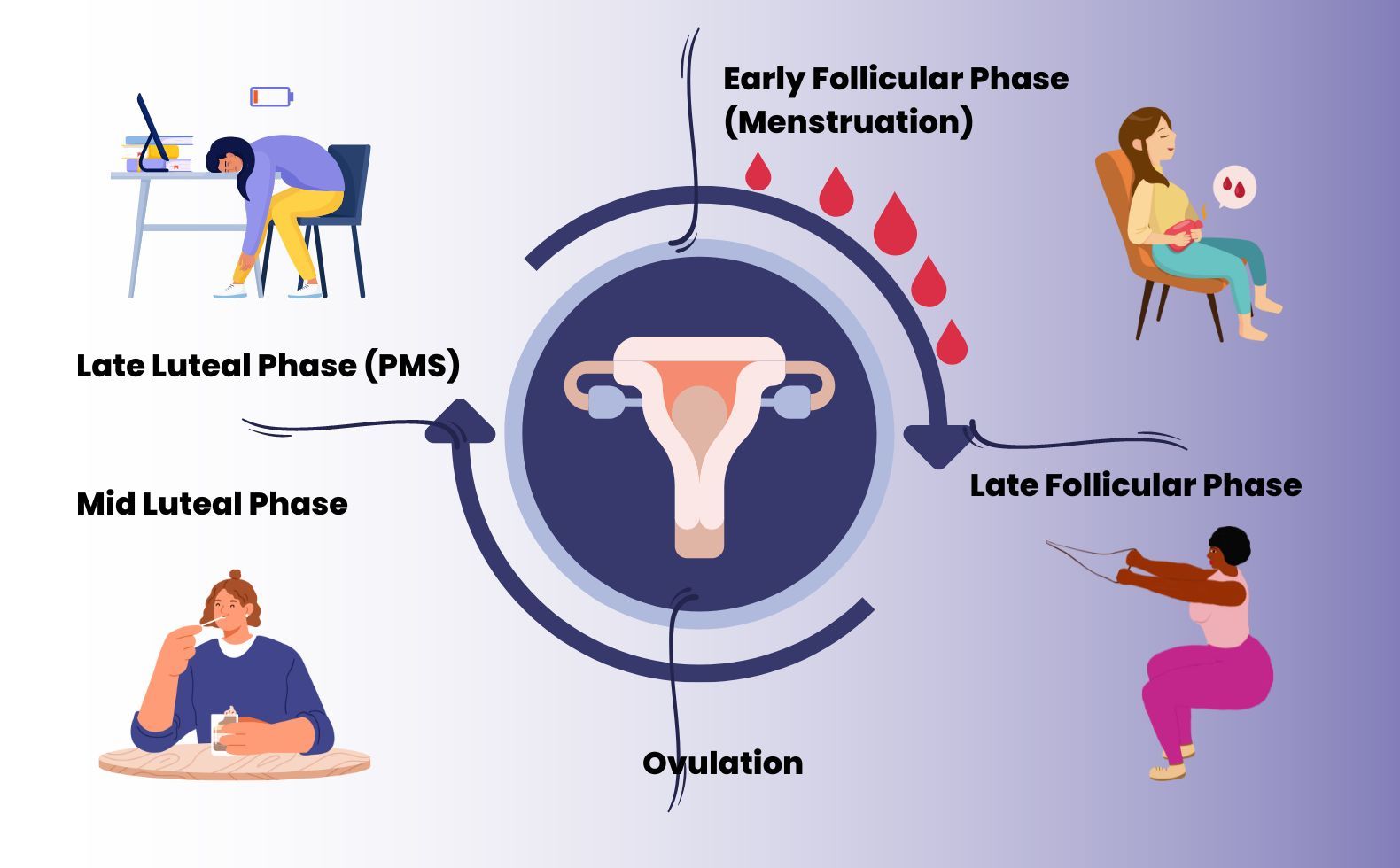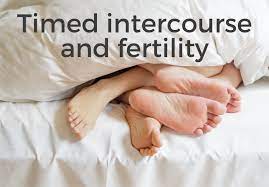How to get pregnant easily after menstruation(All You Need to Know)

how to get pregnant easily after menstruation: Are you dreaming of starting a family or expanding your current one? Timing is everything when it comes to getting pregnant and understanding your menstrual cycle can increase your chances of success.

Many people believe that they can only conceive during their ovulation period, but did you know that it’s possible to get pregnant right after your period? In this article, we’ll explore the factors that can influence your fertility during this time and provide tips on how to optimize your chances of conception. So, if you’re ready to take the first steps on your journey to parenthood, read on to learn how to get pregnant right after your period. EnoughInfo.com
How to get pregnant easily after menstruation(FAQs & Answers)
1, Is it possible to get pregnant right after your period?
Yes, it’s possible to get pregnant right after your period. However, it depends on several factors, including the length of your menstrual cycle, the timing of ovulation, and the lifespan of sperm.
2, How do I know when I’m most fertile?
You can determine your fertile window by tracking your menstrual cycle and monitoring ovulation symptoms, such as changes in cervical mucus or basal body temperature. You can also use ovulation predictor kits to identify when you’re ovulating.
3, How often should I have sex when trying to conceive?
It’s recommended to have sex every 2-3 days during your fertile window. Having sex more frequently can lower sperm count and decrease your chances of conception.
4, Can certain sexual positions increase my chances of getting pregnant?
There is no scientific evidence to support the claim that certain sexual positions increase your chances of getting pregnant. The most important factor is timing intercourse during your fertile window. How to Reprint JAMB Slip 2023/2024
5, How long should I try to conceive before seeking medical advice?
If you’re under 35 and have been trying to conceive for more than a year without success, it’s recommended to seek medical advice. If you’re over 35, it’s recommended to seek medical advice after six months of trying.
How to get pregnant easily after menstruation
In this topic, we’ll cover several subtopics related to getting pregnant right after your period, including:
- Understanding your menstrual cycle
- Identifying the fertile window
- Timing intercourse for conception
- Boosting fertility and
- Common misconceptions about conception
Let’s Quickly dive in…..Are you ready?
Understanding your Menstrual Cycle
Understanding your menstrual cycle is essential for getting pregnant. The menstrual cycle is the time between the first day of your period and the first day of your next period.

It is typically 28 days long, but can range from 21 to 35 days in length. The cycle is regulated by hormones, and the main hormones involved are estrogen and progesterone.
During the menstrual cycle, there are several phases:
- Menstrual phase: This is the first phase of the menstrual cycle, and it starts on the first day of your period. During this phase, the lining of your uterus sheds, and you may experience cramping and bleeding.
- Follicular phase: This phase starts on the first day of your period and lasts until ovulation. During this phase, your body produces follicle-stimulating hormone (FSH), which stimulates the development of follicles in your ovaries. Each follicle contains an egg, and as the follicles develop, they produce estrogen.
- Ovulation: This is the most important phase for getting pregnant. It occurs when an egg is released from one of your ovaries and travels down the fallopian tube. Ovulation typically occurs around day 14 of a 28-day cycle, but can vary depending on the length of your cycle.
- Luteal phase: This phase starts after ovulation and lasts until the start of your next period. During this phase, the empty follicle from which the egg was released transforms into a structure called the corpus luteum, which produces progesterone. Progesterone prepares the lining of your uterus for a possible pregnancy.
Read Also: How To Be Healthy And Active
If you want to get pregnant, it’s important to track your menstrual cycle so that you can identify when you are ovulating. You can use various methods to track your cycle, including menstrual tracking apps, basal body temperature tracking, and cervical mucus monitoring.
The Fertile Window
The fertile window is the time during your menstrual cycle when you are most likely to get pregnant. It is typically a six-day period that ends on the day of ovulation. The fertile window includes the five days before ovulation and the day of ovulation itself.
To increase your chances of getting pregnant right after your period, it’s important to identify your fertile window. You can use ovulation predictor kits to help you determine when you are ovulating. These kits detect the surge of luteinizing hormone (LH) in your urine, which occurs 24-48 hours before ovulation. You can also track your basal body temperature or cervical mucus to identify your fertile window.
During your fertile window, you should have intercourse every two to three days to increase your chances of getting pregnant. You should also avoid using lubricants, as they can hinder sperm motility and decrease your chances of conception. It’s also important to maintain a healthy lifestyle during this time, including eating a healthy diet, avoiding alcohol and smoking, and managing stress. How To Make $1000 daily In Affiliate Marketing(2023)
Keep in mind that even if you have intercourse during your fertile window, it’s not a guarantee that you will get pregnant. It can take several months to a year to conceive, even for couples who are fertile and healthy
Timing intercourse for conception
Timing intercourse for conception is a crucial factor when trying to get pregnant right after your period.

Since sperm can survive inside the female reproductive tract for up to five days, it’s essential to have intercourse before ovulation occurs to increase your chances of conception.
As mentioned before, the fertile window is the best time to have intercourse to increase your chances of getting pregnant. You can use different methods to track your fertile windows, such as ovulation predictor kits, basal body temperature tracking, and cervical mucus monitoring.
Once you have identified your fertile window, it’s recommended to have intercourse every two to three days during this time. However, having intercourse every day or more frequently is not necessarily better, as it can lower the sperm count and reduce the chances of conception.
It’s also important to remember that timing intercourse is not the only factor when it comes to getting pregnant. Other lifestyle factors, such as maintaining a healthy weight, exercising regularly, eating a balanced diet, and avoiding smoking and alcohol, can also increase your chances of conception.
If you have been trying to get pregnant for more than a year without success, it’s essential to seek medical advice from a doctor or a fertility specialist to determine if there are any underlying fertility issues that need to be addressed.
Boosting fertility (pregnant easily after menstruation)
Boosting fertility is an important aspect of getting pregnant right after your period. Here are some tips that can help:

- Maintain a healthy weight: Being overweight or underweight can negatively impact fertility. Make sure to maintain a healthy weight by eating a balanced diet and engaging in regular exercise.
- Quit smoking: Smoking can decrease fertility in both men and women. Quitting smoking can improve your chances of getting pregnant.
- Reduce alcohol intake: Excessive alcohol consumption can affect fertility. Limit your alcohol intake or avoid it altogether when trying to conceive.
- Manage stress: Stress can interfere with ovulation and reduce fertility. Practice stress-reducing techniques such as yoga, meditation, or deep breathing exercises.
- Get enough sleep: Lack of sleep can disrupt hormones that regulate ovulation and affect fertility. Aim to get 7-8 hours of sleep per night.
- Avoid exposure to toxins: Exposure to certain chemicals and toxins can negatively affect fertility. Avoid exposure to pesticides, solvents, and other harmful substances.
- Take a prenatal vitamin: Taking a prenatal vitamin that contains folic acid can help improve fertility and reduce the risk of birth defects.
- Have regular sexual intercourse: Regular sexual intercourse can increase your chances of getting pregnant. Aim to have intercourse every 2-3 days during your fertile window.
- Seek medical advice: If you have been trying to conceive for more than a year without success, seek medical advice from a doctor or a fertility specialist to determine if there are any underlying fertility issues that need to be addressed.
Read Also: 150 Heartwarming Good Morning Messages For Friends
By following these tips, you can increase your chances of getting pregnant right after your period and improve overall fertility.
Common misconceptions about conception
- You can only get pregnant on ovulation day: Sperm can survive inside the female reproductive tract for up to five days. This means that you can get pregnant if you have intercourse in the days leading up to ovulation.
- You need to have sex every day: Having intercourse every day can lower sperm count and decrease your chances of conception. It’s recommended to have intercourse every 2-3 days during your fertile window.
- Certain sexual positions increase your chances of conception: There is no scientific evidence to support the claim that certain sexual positions increase your chances of getting pregnant.
- Fertility decreases after age 35: While fertility does decrease as women age, it’s still possible to get pregnant after age 35. Many women have healthy pregnancies in their late 30s and early 40s.
- Infertility is always caused by the female partner: Infertility can be caused by male, female, or a combination of factors. It’s important for both partners to get tested if they have been trying to conceive for more than a year without success.
- You can’t get pregnant while breastfeeding: While breastfeeding can suppress ovulation, it’s still possible to get pregnant. It’s important to use contraception if you don’t want to get pregnant while breastfeeding.
By understanding and dispelling these misconceptions, you can increase your chances of getting pregnant right after your period and improve your overall fertility.
When to seek medical help
pregnant easily after menstruation: If you have been trying to get pregnant for a year or more without success, it’s important to seek medical help. Your doctor can perform tests to determine if there are any underlying fertility issues that need to be addressed. You may also be referred to a fertility specialist for further evaluation and treatment. How to Create an Effective Content Marketing Plan (2023)
Conclusion
How to get pregnant easily after menstruation: By tracking your ovulation and making healthy lifestyle choices, you can increase your chances of conceiving. Remember that every woman’s fertility journey is unique, and it’s important to seek medical advice if you’re having trouble getting pregnant. With patience, persistence, and the right tools, you can achieve your goal of getting pregnant right after your period.
That is it on How to get pregnant easily after menstruation Please share.
Recommended:
22 Top Foods For Promoting Heart Health(All You Need to Know)
Healthy Aging Tips For Men Over 40 (14 Tips To Stay Healthy)
11 Ways To Gain Healthy Weight Fast Naturally(2023 Guide)




